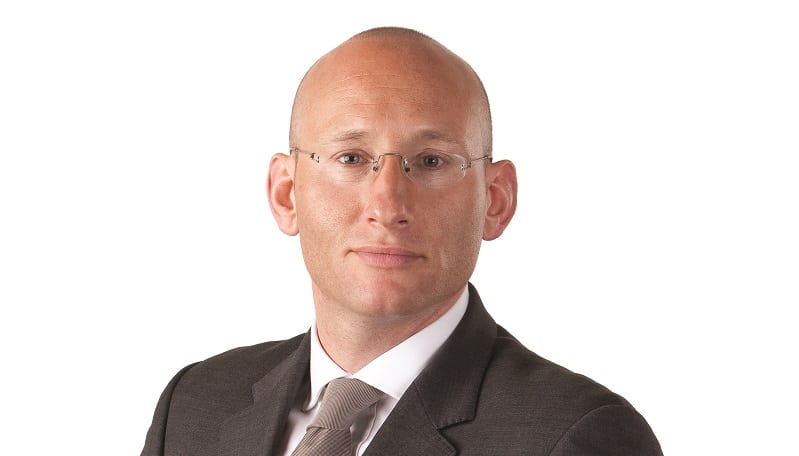Ahead of this interview Andrew Summers, head of fund research at Investec Wealth & Investment, and I discussed potential talking points. Unsurprisingly – he is an Oxford politics, philosophy and economics graduate – many of his suggestions touched on the political themes of the day.
Similarly, discussion of investment vehicles – closed-ended funds, absolute returns and new opportunities – were peppered with references to the changing role of the state and the private (financial) sector. This deep understanding of the relationship between government and business has been key to his success.
Summers has been leading his team since 2010 and is responsible for all collectives research for Investec Wealth & Investment’s £34bn wealth management business. He has long spoken about his belief in the benefits of closed-ended products, more specifically investment trusts, but he argues that structural market shifts have increased their appeal.
“Closed-ended funds are the best vehicle for illiquid asset classes and these provide varied and lucrative investment opportunities in areas such as commercial property, private equity and infrastructure management,” he says.
A much-needed alternative
Investment opportunities in private financial initiatives have grown steadily since the global financial crisis, as governments are increasingly keen to offload responsibility for running projects to private companies.
Disintermediation has been another driver, with banks withdrawing funds from businesses they used to finance. That credit has never returned to pre-crunch levels, meaning there is also a gap in the market for small business lending, and the peer-to-peer industry is one result of this.
Although Summers’ team does not invest in peer-to-peer, it does buy funds that lend to small companies. Most recently the SQN Asset Finance Income Fund, which generates income through collateralised investments in business-essential equipment.
Summers says: “The fund provides us with collateral in the form of machinery. If they default on the loan we own the company’s assets.”
He also likes two or three social housing companies, including Civitas Social Housing, and says student accommodation is an area of promising growth.
“GCP Student Living recently announced the acquisition of Woburn Place in Bloomsbury. This high-end student block is funded by private investors. Schemes like this simply didn’t happen 10 or 20 years ago.”
Closed-ended funds also provide a much-needed alternative to correlated high-yield bonds and equities.
“Over the next few years we are likely to see some periods of negative returns from both equities and bonds. A downmarket in equities, perhaps triggered by an aggressive rate rise by the Federal Reserve, could lead to a fall in both asset classes,” he says.
“The best-case scenario in these periods would see equities go down and bonds tread water. They won’t rise with central banks on their rate-hiking cycle. So where do you go in this scenario? Certain uncorrelated closed-ended funds are a good bet.”
Tech disruptor
Key thematic drivers such as technology disruption are another focus for Summers. Growth investing has been strong as a result of a rise in technology stocks, up by 40% in the US last year. He also argues that disruption is likely to put increasing pressure on share prices of non-tech companies, making stocks of interest to value investors.
In such a market and with quality stocks keenly priced – Summers has a philosophical preference for quality – investors are more likely to mix up their strategies.
“Although now is not the time to take a strong stylistic bet either way, we counteract our preference for quality with tactical asset allocation that overweights relatively cheap, cyclical markets, such as Europe, EM and Japan.”
Article continues on the next page…







